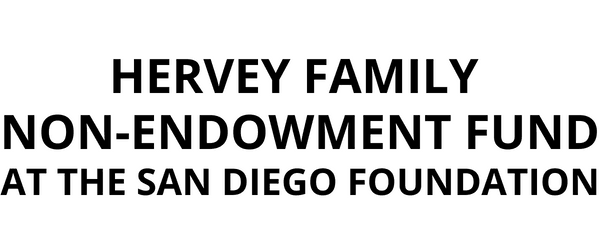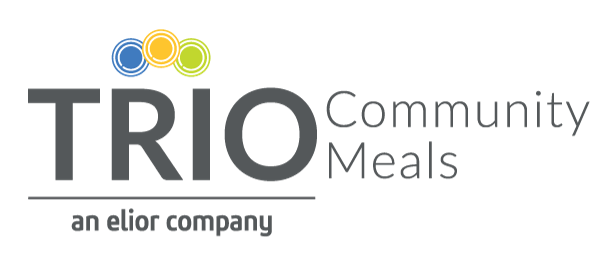May 19: Point In Time Count Growth Signals Urgency to Implement Measures Now to Address Senior Homelessness
May 19, 2022
Contact: Gayle Lynn Falkenthal, APR, Fellow PRSA – Serving Seniors
619-997-2495 or GLF@SAN.RR.COM
Point In Time Count Growth Signals Urgency to Implement Measures Now to Address Senior Homelessness
(SAN DIEGO, Calif.) – Serving Seniors issues an urgent call today to move immediately to implement proposed measures to address senior homelessness in response to the release of the 2022 Point in Time Count (PITC) data earlier today by the Regional Task Force on Homelessness (RTF).
The 2022 PITC reported one in four San Diego County residents experiencing homelessness are age 55 and older, confirming the data in the 2021 Serving Seniors Needs Assessment survey released September 2021. The report also reveals 57% of seniors experiencing homelessness have a physical disability, with half of all seniors becoming homeless for the first time in 2022. The oldest person surveyed In the 2022 PITC was 87 years old.
“Sadly, these numbers are not a surprise,” said Serving Seniors CEO Paul Downey. “Based on my personal participation in February’s count and on our Needs Assessment survey, combined with the demand for our services, this is exactly what we expected.
“It’s why we’ve pressed our elected and appointed representatives to act with a sense of urgency to develop programs to address senior homelessness. Our report revealed the causes of senior homelessness are distinct from the general unhoused population. So are the solutions. We can do something to prevent this crisis from worsening by implementing several measures immediately,” said Downey.
Senior Homelessness Requires Unique Solutions
Economic forces such as insufficient retirement income, unaffordable housing options, the inability to continue working, or a single unexpected crisis such as job loss or serious illness are the primary drivers of homelessness among older adults.
To ward off the financial distress fueling older adult homelessness, Serving Seniors’ research found a minimal amount of monthly funding would successfully prevent most economic-based homelessness – a so-called “shallow rental subsidy” approach. More than half (56%) of surveyed older adults reported that an additional $300 or less per month would make the difference between being housed and homeless.
The shallow rental subsidy approach prevents homelessness instead of chasing solutions after the fact. This approach provides a more humane solution – and it saves money. Estimates provided by County staff for emergency shelter operating costs including services range between $2,500 to $6,000 per month depending on the type of services offered.
County Supervisors Joel Anderson and Terra Lawson-Remer swiftly recognized the potential of this approach. On February 8 by a unanimous 5-0 vote, the Board of Supervisors approved creation of a shallow rental subsidy pilot program. The full proposal is due back for a vote within the next 30 days.
“Despite the severity of the numbers, there’s real reason for optimism,” said Downey. “Shallow rental subsidy programs and other resources targeting older adult homelessness can help people quickly, allowing us to focus remaining resources on those who need more significant help.”
The City of San Diego also has the potential to fund a similar program in the 2022-23 budget. Seven of nine City Councilmembers who have been made aware of a shallow rental subsidy approach have written budget memos urging Mayor Todd Gloria to include a City pilot program in his budget.
In addition, Serving Seniors is pressing decision-makers and funders to create age-friendly shelters and dedicated shelters for seniors which can accommodate aging and mobility issues, as well as better staff training In homelessness and aging issues, and other easily implemented accommodations in traditional support services.
At the State of California level, AB 2547 (Nazarian) would provide ongoing housing/homelessness solutions for older adults by creating a targeted housing stabilization program similar to the County’s shallow rental subsidy proposal.
“Affordable housing is the end goal, but people need help now,” said Downey. “We have a golden opportunity to address several easily preventable problems through targeted leveraging of existing resources.
“But as the PITC shows, demographics are working against us. San Diegans should find this unacceptable. Homelessness in areas with high housing costs like San Diego County will grow unchecked unless we take immediate action,” emphasized Downey.
From a taxpayer perspective, shallow rental subsidies are far more cost-effective than street clean-ups. Further, they offer a viable opportunity to help those struggling to help themselves to lift them up. From a humanitarian standpoint, Serving Seniors sees these efforts as a must.
“Fifty years from now, we hope our successors will be celebrating the anniversary of new and effective programs eradicating homelessness in San Diego, made possible by visionary leaders today,” said Downey.
About Serving Seniors
Founded in 1970, Serving Seniors is a 501(c)(3) nonprofit organization based in San Diego, California, dedicated to serving low-income adults aged 60 and over. A leader in senior advocacy and programming, Serving Seniors has created an innovative model of comprehensive services including nutrition meals, housing, health and social services and lifelong learning opportunities to hundreds of seniors in need. It is the largest provider of meals to seniors in the county, and one of the only organizations in the nation providing a robust range of services to vulnerable, at-risk older adults.
Serving Seniors President and CEO Paul Downey has been instrumental in the organization’s growth over the past 26 years. Since being appointed the role in 1995, Downey has guided the nonprofit’s innovative efforts to provide supportive services focused on keeping low-income seniors healthy and independent. Under Downey’s leadership, Serving Seniors has grown to provide more 1.7 million nutritious meals and coordinated services to 7,000 older adults each year. Read Serving Seniors’ groundbreaking 2021 report, Senior Homelessness: A Needs Assessment.




























